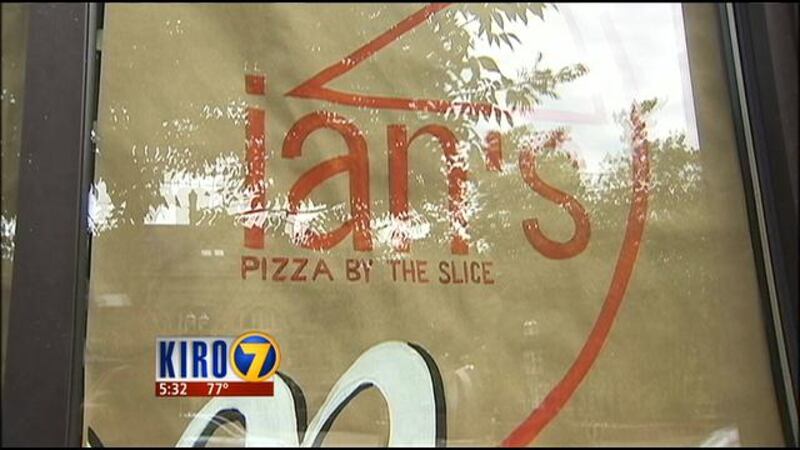SEATTLE — A new pizza franchise is coming to a Capitol Hill location where the last tenants, Z Pizza, closed over issues with Seattle’s new minimum-wage law.
The former owner of Z Pizza, Ritu Shah-Burnham, said she has never said she’s against the minimum-wage increase.
“It’s doable. I was already doing that in my business. I think most of us as small business owners – we pay our employees for the value that they give us,” she said.
But Shah-Burnham said instead of designating her store of 10 employees as a small business, the city classified Z Pizza as a “large employer” due to its more than 500 employees at many locations nationwide.
As a large employer, Shah-Burnham would have had to pay a minimum of $15 an hour starting January 1, 2017 instead of a longer phase-in.
“To have a 58 percent increase across the board on wage in two years, I wasn’t capable of doing that,” she said.
The space of more than 1,700 square feet cost her more than $7,000 in rent each month. Shah-Burnham said 33 percent of her budget went toward labor costs, and raising the wages that fast would have been unsustainable.
She closed the shop after July 4.
Now the space will become Ian’s Pizza, which currently has four stores in Wisconsin and one in Colorado.
Because they have fewer than 500 employees at these stores, Ian’s Pizza will be on a different schedule.
For small employers, they must pay $15 an hour by 2021. For small employers who pay health benefits, they must pay $15 an hour by 2019, which includes a minimum of $12 in cash and a minimum of $3 in benefits.
That means Ian’s Pizza will have several more years to reach $15 an hour.
One of the co-owners of the new Seattle location, Ryan Flohr, told KIRO 7 they just signed their lease and have not yet figured out their pay rates and schedule.
Flohr said he would gladly discuss the minimum-wage topic at a later time but declined to comment for this story. He said the company takes pride in treating and paying employees well.
Ian’s Pizza opens in October in the Capitol Hill location, across the street from Seattle Central College, near Broadway and Pine.
The director of Seattle’s Office of Economic Development, Brian Surratt, said the designations for ‘large’ and ‘small’ businesses were not taken lightly.
Surratt said franchises are different, in that they are part of a network, with built-in economies of scale and support with advertising, supply-chain management and menus.
To that idea, Shah-Burnham said she paid for all those services, thereby making them less of an advantage than a cost. She said she was the only Z Pizza owner in the Pacific Northwest, and therefore did not have the corporate recognition of franchises like McDonalds or Subway.
“They may not be to the scale of the better-known brands, but the fact that she was still able to acquire and leverage the network to support her business is something that again – most small independent businesses cannot,” Surratt said.
KIRO








